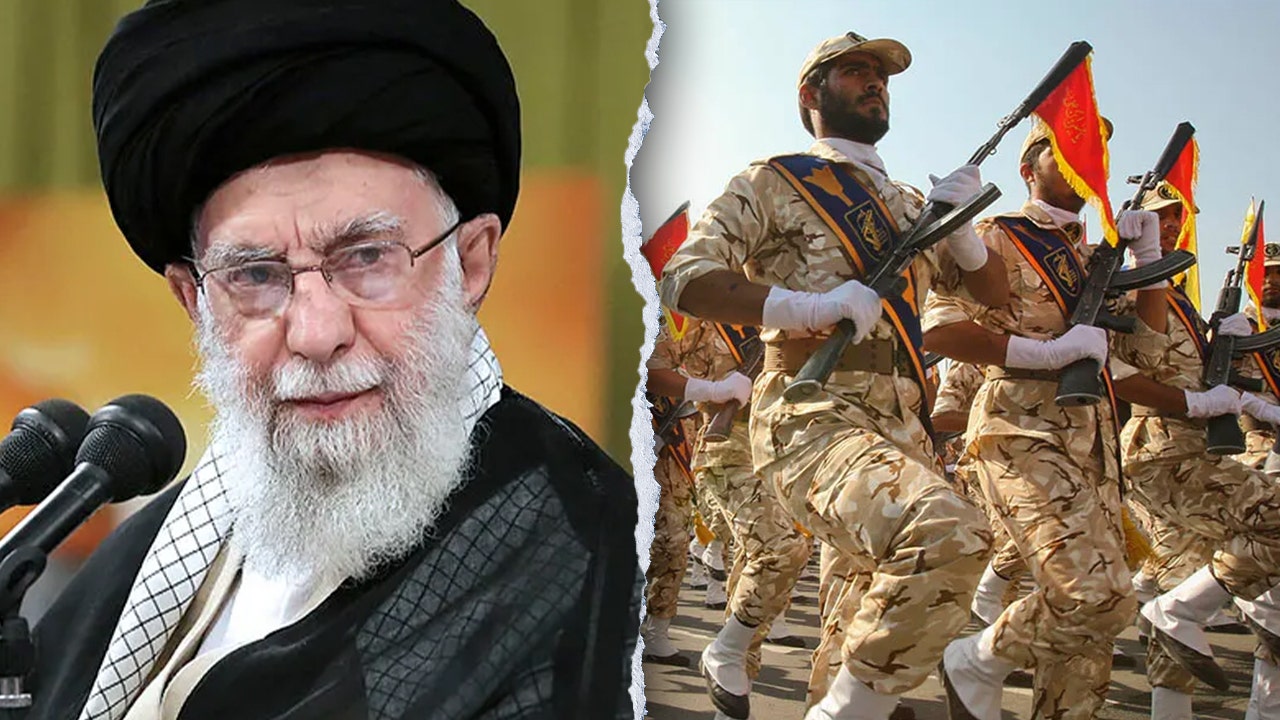Iranian official reveals regime’s assassination plot amid ongoing New York trial

The Manhattan-based federal trial of two alleged contract killers hired by Iran’s Islamic Revolutionary Guard Corps (IRGC) to murder the Iranian-American journalist Masih Alinejad has brought to light shocking revelations about Tehran’s involvement in ordering assassinations of dissidents in Europe. These revelations could have far-reaching implications for President Trump’s Iran policy, experts say.
The trial of the two suspects, alongside the disclosures made by former IRGC founder Mohsen Rafiqdoost, has raised concerns about Iran’s threats to target President Donald Trump, former Secretary of State Mike Pompeo, and other Iranian-American critics of the regime. Rafiqdoost, in a video interview, admitted to overseeing operations aimed at eliminating exiled Iranian dissidents, including former Prime Minister Shapour Bakhtiar and artist Fereydoun Farrokhzad, who was murdered in Bonn, Germany.
Rafiqdoost revealed that the Basque separatist group in Spain was responsible for carrying out these assassinations on behalf of Iran, highlighting the regime’s use of proxies to execute its sinister plans. The trial and Rafiqdoost’s admissions underscore the real and potentially lethal terror threat posed by the Iranian regime, prompting calls for decisive action to address Iran’s state-sponsored terrorism.
The recent joint statement from foreign ministers of the G-7 democracies condemning Iran as the principal source of regional instability and emphasizing the need for Iran to choose diplomacy over aggression further underscores the urgency of addressing Iran’s dangerous behavior. The reference to Iran’s use of arbitrary detention and foreign assassination attempts as tools of coercion highlights the gravity of the situation.
The thwarted Iranian plot to kill President Trump in the lead-up to the election, as well as the revelations about Iran’s global assassination campaign targeting dissidents and critics, serve as stark reminders of the regime’s willingness to go to extreme lengths to silence dissent and exert control beyond its borders. The international community, especially the United States, must respond decisively to these threats, not just with words but with concrete actions.
Efforts to designate the IRGC as a foreign terrorist organization have faced resistance from some European countries, despite the organization’s long history of terrorism plots and assassinations in Europe. The need for stronger intelligence collaboration with allies, increased pressure on the IRGC through sanctions, and other punitive measures is crucial to send a clear message that state-sponsored terrorism will not be tolerated.
The case of Seyed Hossein Mousavian, a former Iranian ambassador to Germany who has been implicated in the assassinations of Iranian dissidents in Europe, underscores the regime’s brazen disregard for international norms and the rule of law. Calls for Mousavian’s arrest and accountability for his alleged role in these heinous crimes must be taken seriously by authorities.
The Iranian regime’s use of sophisticated surveillance and deception tactics to lure dissidents back to Iran for execution is a chilling example of its ruthless tactics. The case of journalist Ruhollah Zam, who was tricked by the regime and executed, serves as a tragic reminder of the dangers faced by those who dare to speak out against the oppressive regime.
As the trial of the alleged contract killers progresses and more revelations come to light, it is clear that Iran’s state-sponsored terrorism poses a serious threat to global security. The need for a coordinated international response to hold the regime accountable for its crimes and protect dissidents and critics from further harm is more urgent than ever.




